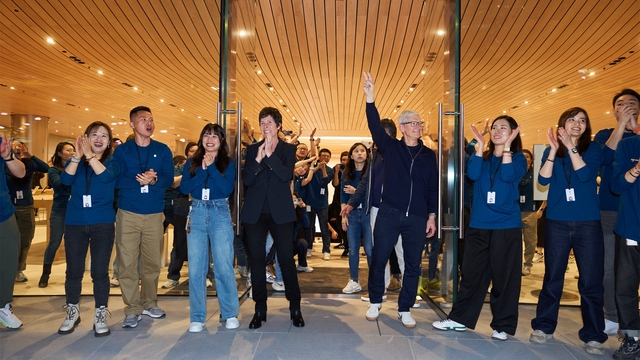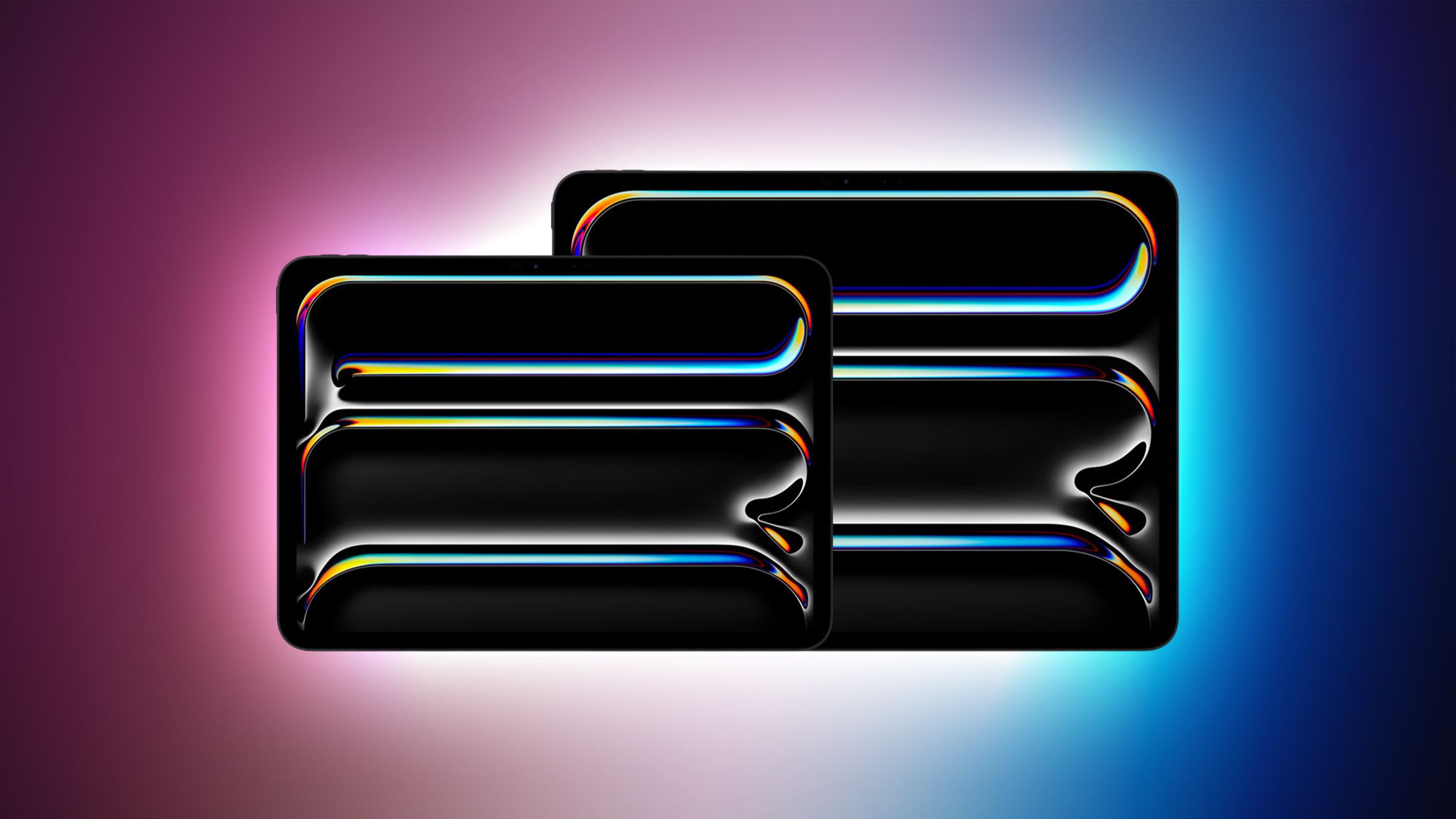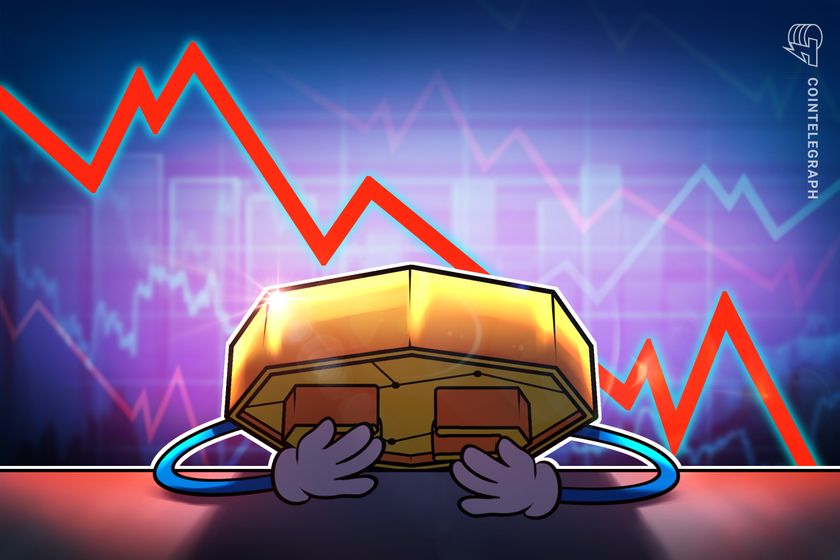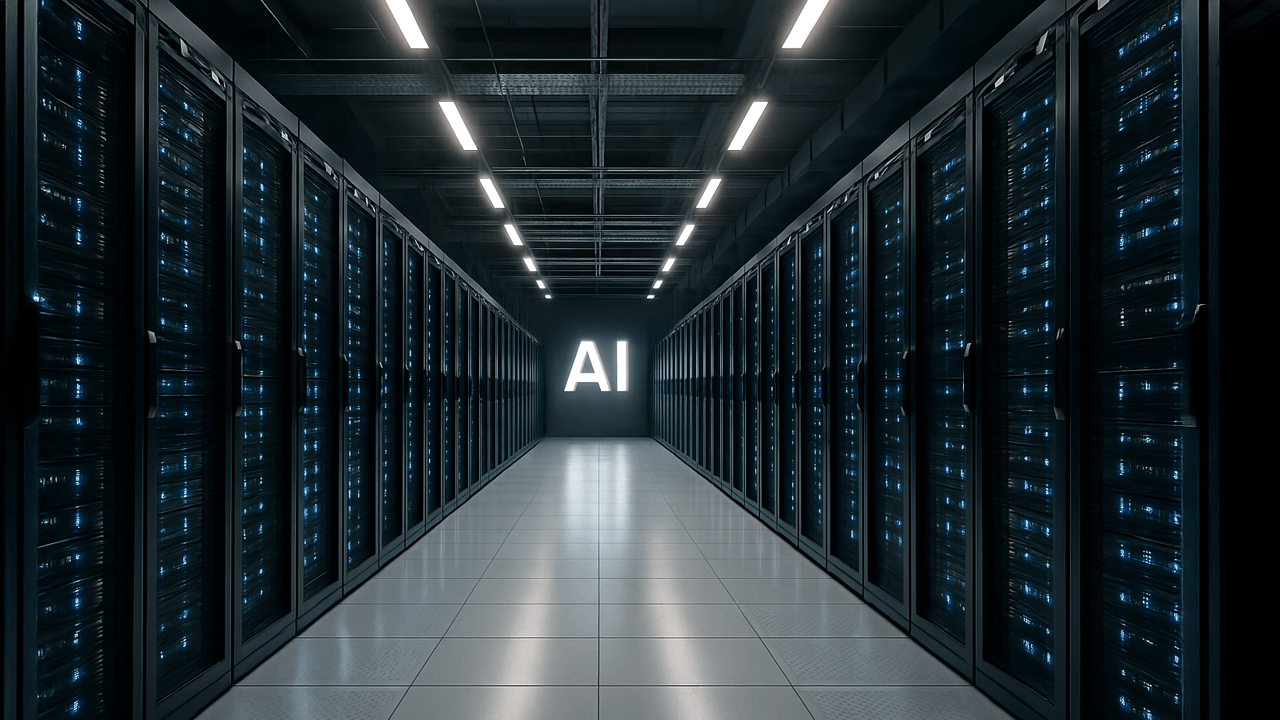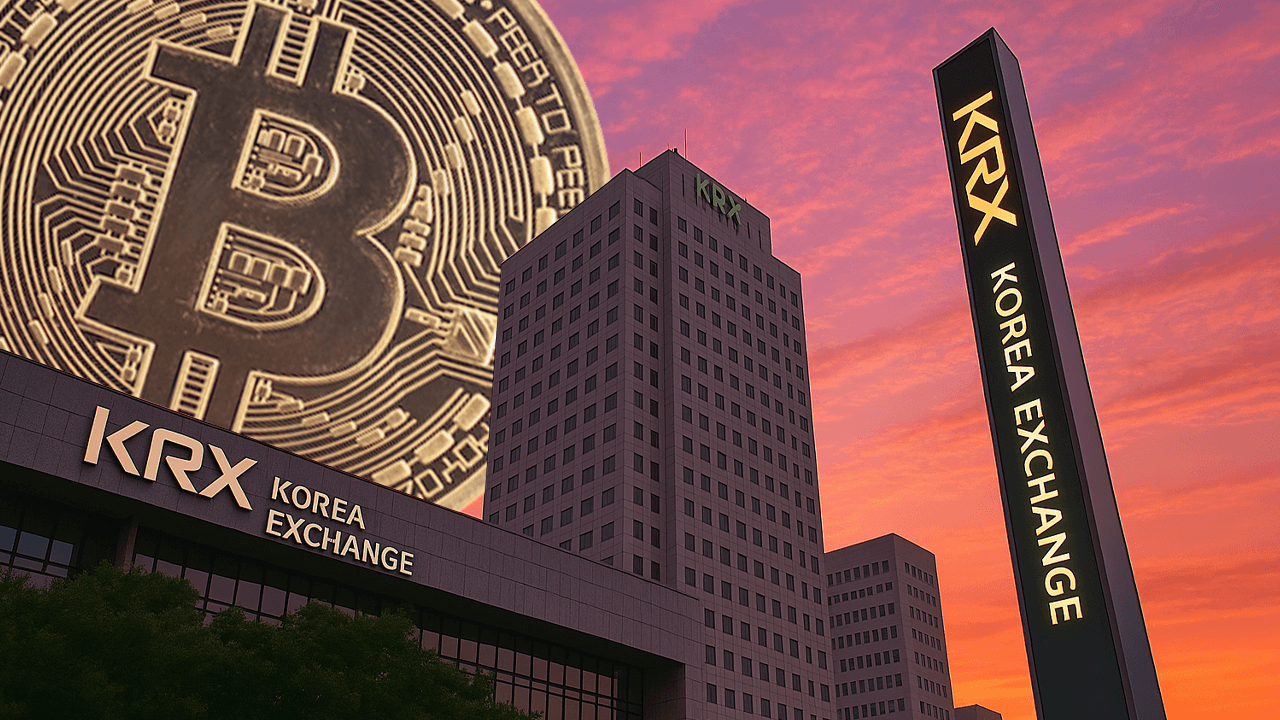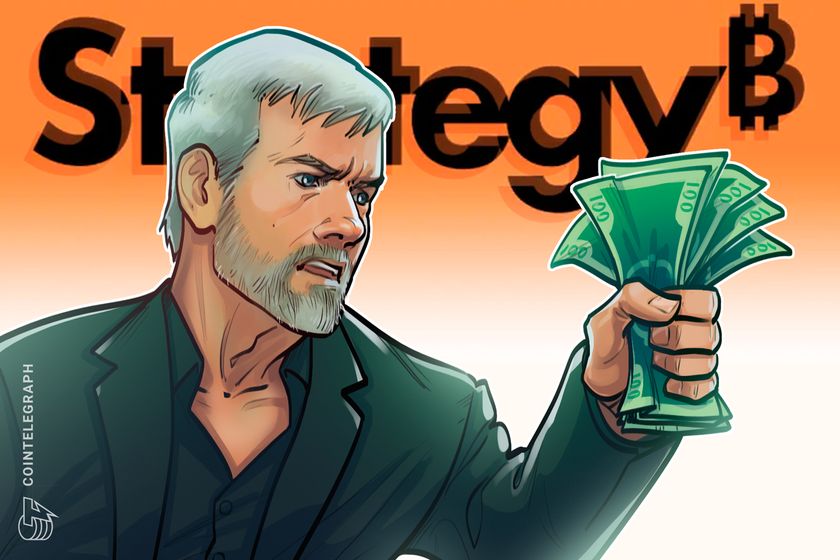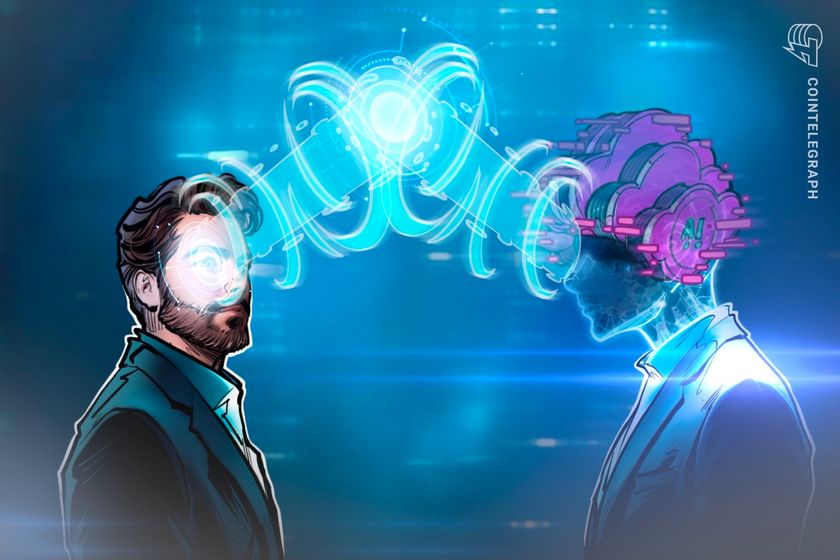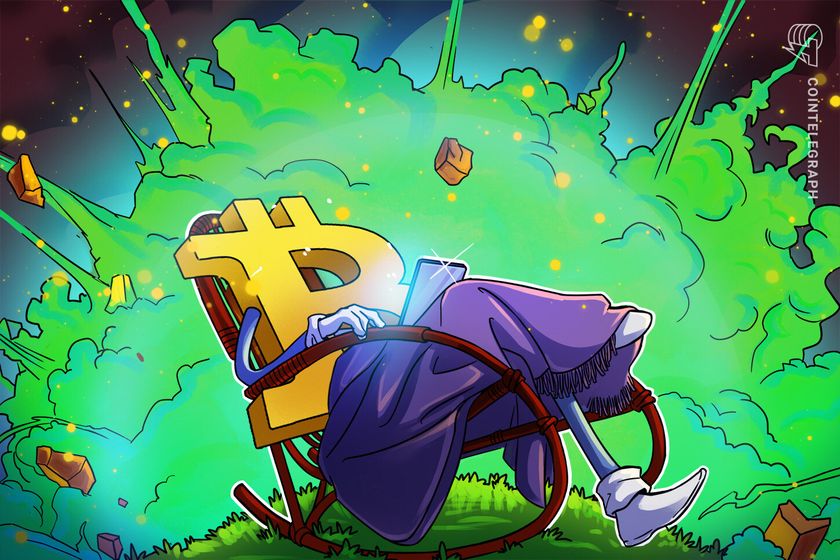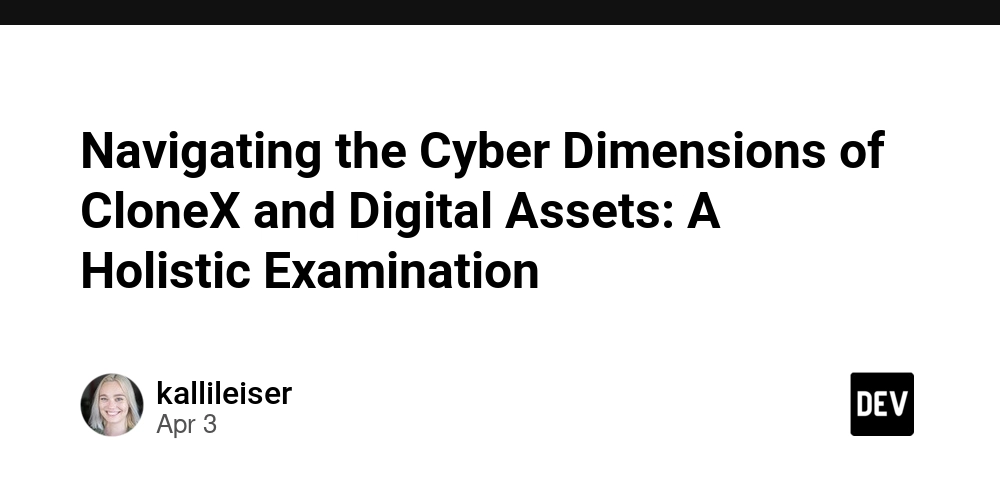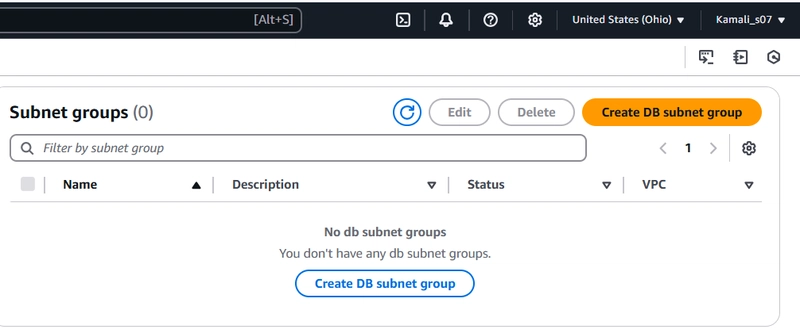PHP is now the best choice for web based software
Modern PHP has undergone a remarkable transformation, evolving into a fast, professional, and robust language for building web-based software. Paired with the Laravel framework, it is now the best choice for web development. Modern PHP: Fast, Efficient, and Feature-Rich One of the biggest turnarounds for PHP has been performance. PHP 5 in the mid-2000s was often criticized for being slow, but the release of PHP 7 (2015) and PHP 8 (2020+) changed the game. The language saw massive performance improvements – drastically reducing memory usage and execution time. Real-world benchmarks show PHP 8.2 (released late 2023) running almost 3× faster than PHP 5.x. In practical terms, this means modern PHP can handle high traffic with ease, often on par with (or faster than) other dynamic languages. The old complaint that "PHP is slow" is simply outdated. PHP's language features have also leapt forward. PHP 8 introduced capabilities that make the developer experience more robust and enjoyable. Some highlights include Just-In-Time (JIT) compilation, which can compile PHP code to machine code at runtime for extra speed, union types and strict typing options (bringing PHP's type safety closer to languages like Java/C#), and attributes (annotations) for adding structured metadata in code. These features close longstanding gaps and bring PHP to first-class modern language status. In short, today's PHP is efficient, strongly capable, and up-to-date with modern programming practices. Laravel: PHP's Flagship Framework for Modern Web Development Nothing demonstrates PHP's maturity better than the Laravel framework. Laravel has become the most popular PHP framework and for good reason – it has effectively rebranded PHP in the eyes of many developers. Laravel provides an elegant, batteries-included platform that makes PHP development fast, clean, and pleasurable. In fact, many developers who once avoided PHP have been won over by Laravel's productivity and sophistication. What makes Laravel so special? Out of the box, it offers a rich set of features and adheres to best practices that rival any web framework: Clean, expressive syntax & MVC architecture: Laravel is built for readability and maintainability, using the MVC (Model-View-Controller) pattern to separate concerns. Powerful ORM (Eloquent) and database migrations: Interact with databases using intuitive ActiveRecord-style models, and manage schema changes safely. Blade templating engine: Write views with a simple yet powerful templating language, keeping front-end code tidy. Artisan CLI & built-in tools: Laravel's Artisan command-line tool helps scaffold code, run migrations, seed data, run tests, and more – boosting developer efficiency. Authentication, routing, caching, queues, and more: Common web application needs (user auth, friendly URLs, caching, background jobs, etc.) are handled by first-party libraries with minimal setup. All these features come nicely integrated, so you don't have to pull together a patchwork of packages – Laravel "knows all the requirements, and actually gets out of your face" when building an app. The framework's creator, Taylor Otwell, intentionally crafted Laravel to make PHP development productive and enjoyable for "web artisans." One standout feature in the Laravel ecosystem is Inertia.js (now in version 2.0), which serves as an incredible bridge between Laravel backend and modern JavaScript frontend frameworks. Inertia lets you build single-page applications using Laravel for the backend with Vue, React, or Svelte on the frontend, all while maintaining the simplicity of a monolithic application. What makes Inertia special is that you only get the good parts of these JavaScript frameworks – Laravel/Inertia handles routing, state management, and other complex aspects that often make JavaScript frameworks cumbersome. This means you can write modern, reactive interfaces without the typical SPA complexity or API hassles. You get to use your favorite frontend framework, but Laravel is still driving the show, giving you the best of both worlds. With each release, Laravel continues to refine the developer experience, adding tools like Laravel Horizon (for queues), Passport (API authentication), Scout (full-text search), and deeper integration with frontend tools. The ecosystem is vibrant and active, with an army of packages and a passionate community pushing PHP forward. For many teams, Laravel is the reason they choose PHP – it exemplifies how far modern PHP has come. Best-in-Class Tooling and Developer Experience A major part of PHP's renaissance is the tooling and ecosystem that has grown around it. At the heart of this is Composer, PHP's dependency and package manager. Composer has become a central part of modern PHP development, giving developers access to a vast repository (Packagist) of libraries and frameworks. Importantly, Composer is widely regarded as a best-in-class package manager. In fact, even d
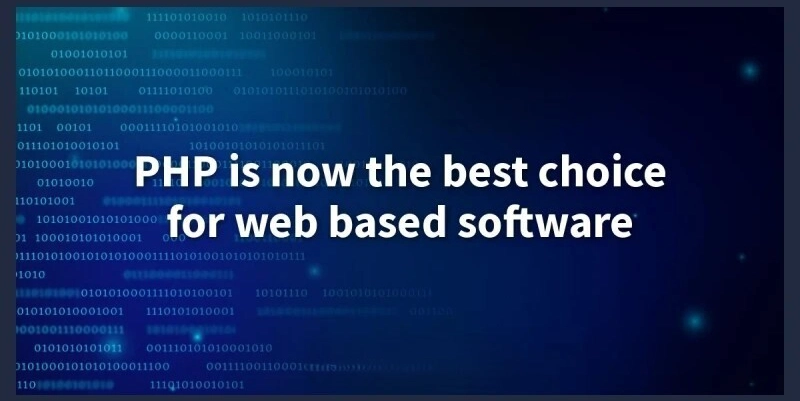
Modern PHP has undergone a remarkable transformation, evolving into a fast, professional, and robust language for building web-based software. Paired with the Laravel framework, it is now the best choice for web development.
Modern PHP: Fast, Efficient, and Feature-Rich
One of the biggest turnarounds for PHP has been performance. PHP 5 in the mid-2000s was often criticized for being slow, but the release of PHP 7 (2015) and PHP 8 (2020+) changed the game. The language saw massive performance improvements – drastically reducing memory usage and execution time. Real-world benchmarks show PHP 8.2 (released late 2023) running almost 3× faster than PHP 5.x. In practical terms, this means modern PHP can handle high traffic with ease, often on par with (or faster than) other dynamic languages. The old complaint that "PHP is slow" is simply outdated.
PHP's language features have also leapt forward. PHP 8 introduced capabilities that make the developer experience more robust and enjoyable. Some highlights include Just-In-Time (JIT) compilation, which can compile PHP code to machine code at runtime for extra speed, union types and strict typing options (bringing PHP's type safety closer to languages like Java/C#), and attributes (annotations) for adding structured metadata in code. These features close longstanding gaps and bring PHP to first-class modern language status. In short, today's PHP is efficient, strongly capable, and up-to-date with modern programming practices.
Laravel: PHP's Flagship Framework for Modern Web Development
Nothing demonstrates PHP's maturity better than the Laravel framework. Laravel has become the most popular PHP framework and for good reason – it has effectively rebranded PHP in the eyes of many developers. Laravel provides an elegant, batteries-included platform that makes PHP development fast, clean, and pleasurable. In fact, many developers who once avoided PHP have been won over by Laravel's productivity and sophistication.
What makes Laravel so special? Out of the box, it offers a rich set of features and adheres to best practices that rival any web framework:
- Clean, expressive syntax & MVC architecture: Laravel is built for readability and maintainability, using the MVC (Model-View-Controller) pattern to separate concerns.
- Powerful ORM (Eloquent) and database migrations: Interact with databases using intuitive ActiveRecord-style models, and manage schema changes safely.
- Blade templating engine: Write views with a simple yet powerful templating language, keeping front-end code tidy.
- Artisan CLI & built-in tools: Laravel's Artisan command-line tool helps scaffold code, run migrations, seed data, run tests, and more – boosting developer efficiency.
- Authentication, routing, caching, queues, and more: Common web application needs (user auth, friendly URLs, caching, background jobs, etc.) are handled by first-party libraries with minimal setup.
All these features come nicely integrated, so you don't have to pull together a patchwork of packages – Laravel "knows all the requirements, and actually gets out of your face" when building an app. The framework's creator, Taylor Otwell, intentionally crafted Laravel to make PHP development productive and enjoyable for "web artisans."
One standout feature in the Laravel ecosystem is Inertia.js (now in version 2.0), which serves as an incredible bridge between Laravel backend and modern JavaScript frontend frameworks. Inertia lets you build single-page applications using Laravel for the backend with Vue, React, or Svelte on the frontend, all while maintaining the simplicity of a monolithic application. What makes Inertia special is that you only get the good parts of these JavaScript frameworks – Laravel/Inertia handles routing, state management, and other complex aspects that often make JavaScript frameworks cumbersome. This means you can write modern, reactive interfaces without the typical SPA complexity or API hassles. You get to use your favorite frontend framework, but Laravel is still driving the show, giving you the best of both worlds.
With each release, Laravel continues to refine the developer experience, adding tools like Laravel Horizon (for queues), Passport (API authentication), Scout (full-text search), and deeper integration with frontend tools. The ecosystem is vibrant and active, with an army of packages and a passionate community pushing PHP forward. For many teams, Laravel is the reason they choose PHP – it exemplifies how far modern PHP has come.
Best-in-Class Tooling and Developer Experience
A major part of PHP's renaissance is the tooling and ecosystem that has grown around it. At the heart of this is Composer, PHP's dependency and package manager. Composer has become a central part of modern PHP development, giving developers access to a vast repository (Packagist) of libraries and frameworks. Importantly, Composer is widely regarded as a best-in-class package manager. In fact, even developers outside the PHP world have praised Composer for its design — "It's a better package manager than NPM, and doesn't have many of the security problems that plague NPM." With Composer, managing third-party packages and keeping your code modular is easy and reliable, enabling clean code architecture at scale.
Beyond Composer, the PHP ecosystem offers a wealth of tools that enhance developer experience:
- Standardized Coding Practices: The PHP community coalesced around standards like PSR (PHP Standards Recommendations) to ensure consistency and quality in code. These standards make PHP code "simpler, more readable, and easier for everyone to understand". From autoloading conventions to coding style guides, modern PHP projects tend to follow uniform best practices, which was not always the case in PHP's early days.
- Debugging and Testing: PHP has mature debugging tools (like Xdebug) and testing frameworks (PHPUnit, Pest) that integrate with CI/CD pipelines. Laravel further encourages testing by providing testing scaffolding out of the box, making it straightforward to write unit and integration tests for your web app.
- Rich Documentation & Learning Resources: PHP and Laravel both have extensive documentation and large communities. Laravel's docs are praised for their clarity and the community produces endless tutorials, videos, and forums to help developers (from beginner to expert) get unstuck quickly. This reduces the onboarding time for new developers.
- Deployment and DevOps Simplicity: Deploying PHP applications is often simpler and cheaper than other stacks. Nearly every hosting provider (from $5/month shared hosts to cloud giants) supports PHP by default, meaning you can get your app live with minimal friction. Modern PHP can run on traditional LAMP stacks or in containerized environments, and tools like PHP-FPM and Laravel Forge make it easy to scale. The result is you spend less time fiddling with server configuration – PHP "doesn't need much setup" to get running in production.
All these factors contribute to a top-notch developer experience. Modern PHP development is highly productive – some would even say on par with any other modern language/framework in terms of what a developer can achieve in a given time. The days of wrestling with environment issues or reinventing the wheel are largely gone, thanks to PHP's mature ecosystem.
Addressing Outdated Criticisms of PHP
Despite PHP's advances, some skeptics continue to cite outdated criticisms – usually based on experiences from 10+ years ago. It's time to address those head-on:
-
"PHP means spaghetti code and messy syntax." This critique harks back to the early 2000s, when mixing PHP and HTML was common in ad-hoc scripts. Modern PHP, especially with frameworks, looks nothing like that. As Laravel's creator notes, most PHP written in the last 5–10 years is "much more maintainable and organized" than what many remember, and if you haven't used PHP in a decade, it "may not even look how [you] remember at all." Today, PHP codebases use clear MVC structures, dependency injection, and adhere to clean coding standards. You won't find raw SQL queries strewn in template files – frameworks like Laravel and Symfony enforce separation of concerns and proper layering. Yes, there is legacy PHP out there, as in any language, but it's a mistake to judge PHP by the worst examples of the past. The stigma of spaghetti code persists largely because people "haven't worked with PHP in years and [are] probably talking about PHP5". In reality, PHP has completely reinvented itself since then.
-
"PHP is just for WordPress and legacy apps." It's true that PHP powers WordPress, which itself is a legacy codebase in many respects. WordPress prioritizes extreme backward compatibility over modernization – for example, it still heavily uses global functions and procedural code because it began in the PHP4 era. But equating PHP with WordPress is like equating JavaScript with jQuery spaghetti from 2009 – it's only one slice of the ecosystem. Modern PHP applications can be architected as cleanly as any Java or C# project. You have robust frameworks (Laravel, Symfony, etc.), architectural patterns (hexagonal architecture, DDD in PHP is a thing), and full OOP support. The existence of legacy CMS code doesn't diminish what PHP can do in a modern context. In fact, many teams choose PHP for brand-new, mission-critical projects that have nothing to do with CMSs. PHP is a general-purpose web programming language, not defined by any single platform. And even WordPress itself has gotten cleaner over the years, but it's simply a different use case – don't judge PHP's capabilities solely by WordPress's dated architecture.
-
"PHP isn't secure or is low-quality." Security is not about the language, it's about the practices. PHP apps of the past often got a bad rap for security because beginners wrote a lot of PHP (it was easy to start with) and made common mistakes. Today there's far more awareness and tools to write secure PHP. The core language has mitigations for common issues (e.g. built-in filter functions, typing to avoid type juggling issues, etc.), and frameworks protect against SQL injection, XSS, CSRF out of the box. The PHP community also actively releases security updates. In short, a poorly coded app in any language can be insecure – but if you follow modern PHP best practices, you can build very secure applications. Large companies have proven that PHP (and its derivatives) can be made very secure at scale.
In summary, most of the classic knocks against PHP have been resolved by the language's evolution and the ecosystem's emphasis on professionalism. The PHP of 2025 is a fundamentally different, far more polished tool than the PHP of 2005. The critics who haven't kept up are often surprised when they see how clean a modern PHP/Laravel codebase is.
PHP + Laravel vs. Other Web Development Stacks
How does PHP (with Laravel) stack up against other popular web technologies in 2025? Let's briefly compare to the usual suspects and highlight where PHP shines:
-
Node.js / JavaScript: JavaScript on the server enables "one language for front and back end," which is appealing in theory. In practice, Node.js introduces significant problems. Node apps typically rely on hundreds of small, often poorly maintained packages that create a maintenance nightmare over time. The JavaScript ecosystem is notorious for its dependency hell and security issues. By contrast, PHP's share-nothing, request-per-request model is straightforward and very robust – a bad request in PHP can't crash the whole server as it might in a long-running Node process. This makes PHP apps naturally fault-tolerant and easier to scale by just adding more stateless servers. For typical web applications (APIs, sites, backends), PHP's synchronous execution is easy to reason about and avoids the callback/promise hell that can plague Node projects. Furthermore, PHP's standard library is rich, so you avoid pulling in dozens of micro-packages (no left-pad fiascos here). Node excels for real-time push or if you're already a JS-only team, but Laravel has its own real-time solutions (e.g. Laravel Echo and websockets) and can get you to market faster with less boilerplate. In short, if you want to build a reliable web app quickly and maintain it easily, PHP is often a better choice than building on raw Node.js.
-
Python (Django/Flask) and Ruby (Rails): These are excellent frameworks with strong foundations. However, they simply haven't kept pace with the rapid evolution and feature set of PHP and Laravel. Laravel has been adding significant features and improvements at a breakneck pace, while these frameworks have developed more slowly. Laravel offers a more comprehensive out-of-the-box experience, with a unified ecosystem that's constantly updated and refined. The PHP community has rallied around Laravel, creating a massive ecosystem of high-quality, well-maintained packages. Performance-wise, PHP has pulled ahead too: PHP 8's engine is highly optimized for web request workloads, and generally PHP can handle higher throughput than Python (which is hindered by the GIL in multi-threaded scenarios) or Ruby. While Django and Rails pioneered many conventions that Laravel learned from, PHP/Laravel has now taken those ideas and pushed them further, with more modern tooling and better performance characteristics.
-
Go (Golang): Go is a newer systems language that some companies use for web services due to its speed and concurrency. It's great for certain low-level services and its simplicity in syntax is attractive. However, Go's ecosystem is tiny compared to PHP's – perhaps 1/100th the size. Go is quite minimalistic – web development in Go often means writing a lot of boilerplate or using relatively young frameworks. There isn't an equivalent to Laravel in the Go ecosystem that provides so much out of the box. The PHP/Laravel ecosystem has professional-grade, well-maintained packages for virtually everything you might need, plus Laravel itself includes many features that would require external dependencies in Go. This ecosystem advantage means you'll build features much faster with PHP and Laravel than with Go. Go's strengths (concurrency, low-level control) matter more for specialized backend systems. PHP can also do asynchronous processing (with libraries like Swoole or Laravel Octane) if needed, but for the standard web request/response cycle, the need for Go-level concurrency is rare. In short, PHP/Laravel offers far more "batteries included." Unless you are building a performance-critical microservice where every millisecond counts, PHP will get the job done with less effort.
Fast, Mature, and Future-ready
In 2025, PHP is not the scrappy, make-do language some remember from the early days of the web – it has become a modern powerhouse for web development. With the speed boosts of PHP 8, a rich feature set, and the polished developer experience of frameworks like Laravel, PHP offers an unparalleled combination of performance, productivity, and stability. Businesses appreciate the cost-effectiveness (cheap infrastructure, abundant developers) and the fact that PHP has powered reliable applications for major companies across the web. Developers appreciate that they can build maintainable, clean applications quickly, using a language that keeps evolving for the better.















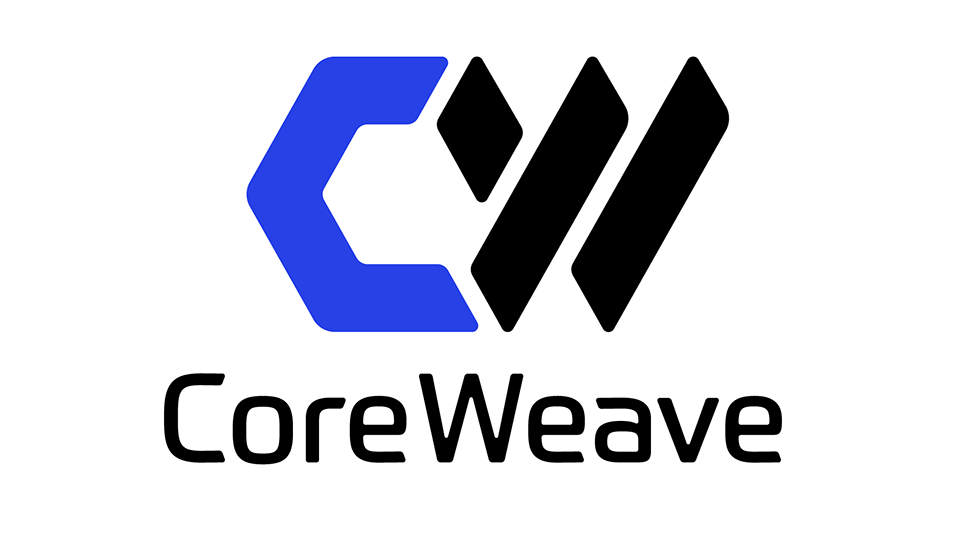






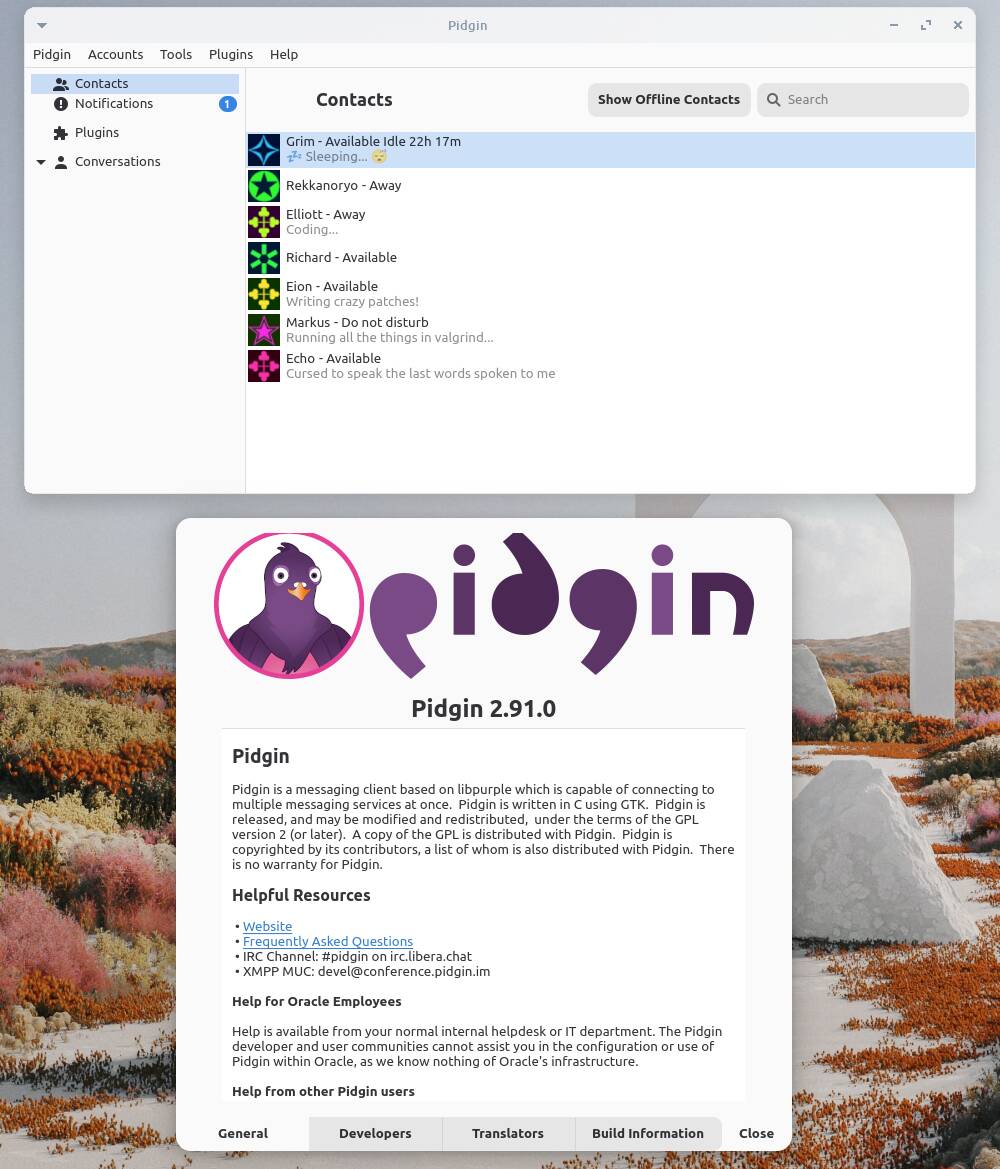

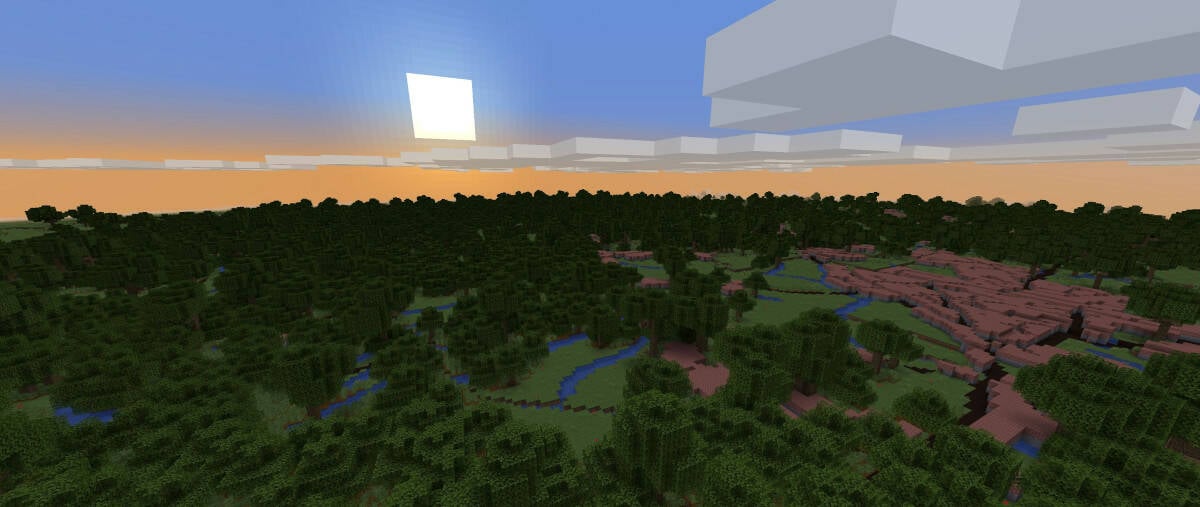
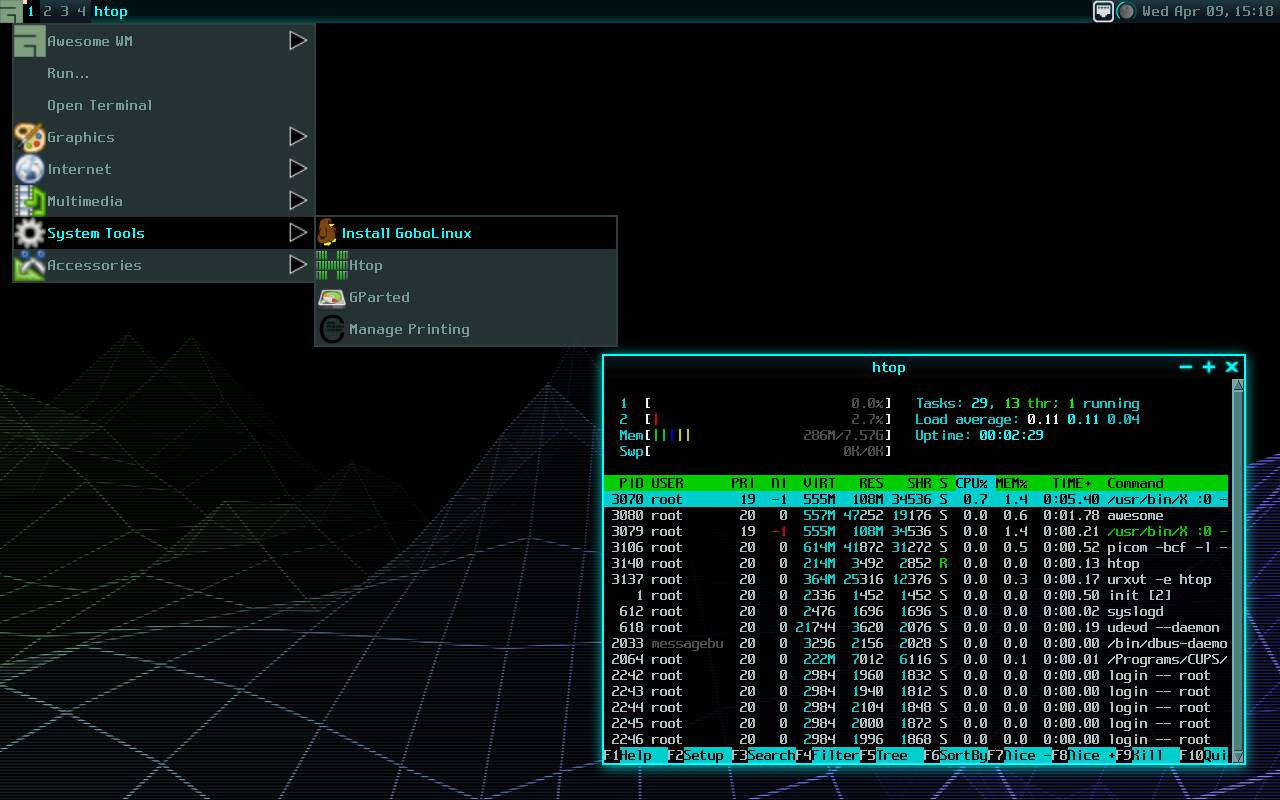


















































































































































![[The AI Show Episode 143]: ChatGPT Revenue Surge, New AGI Timelines, Amazon’s AI Agent, Claude for Education, Model Context Protocol & LLMs Pass the Turing Test](https://www.marketingaiinstitute.com/hubfs/ep%20143%20cover.png)














































































































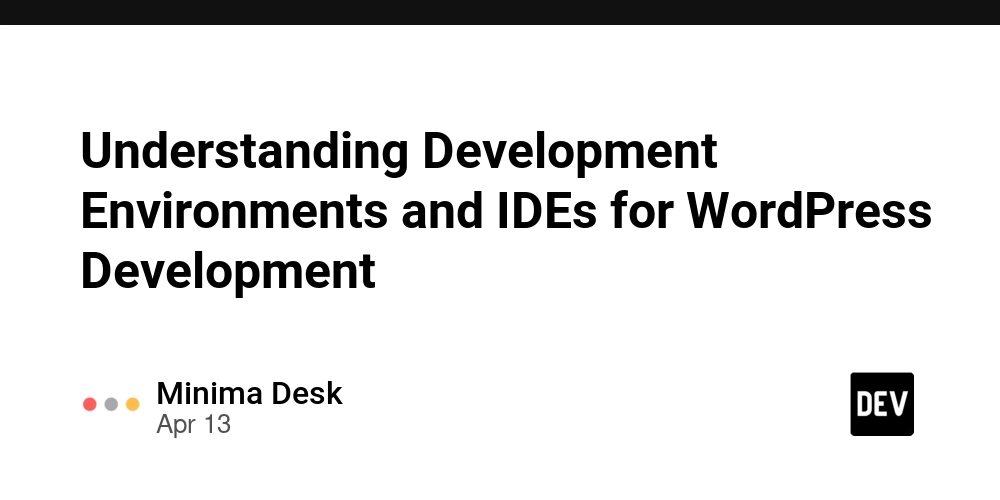
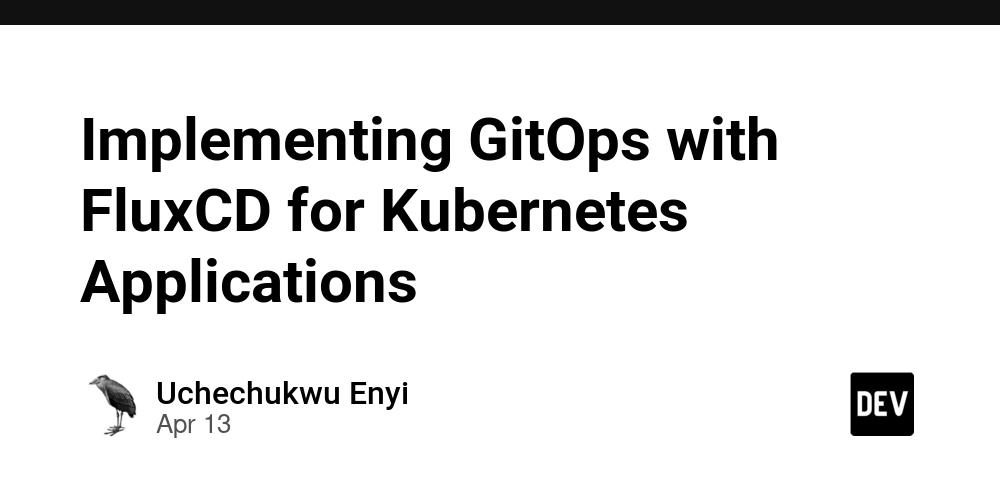
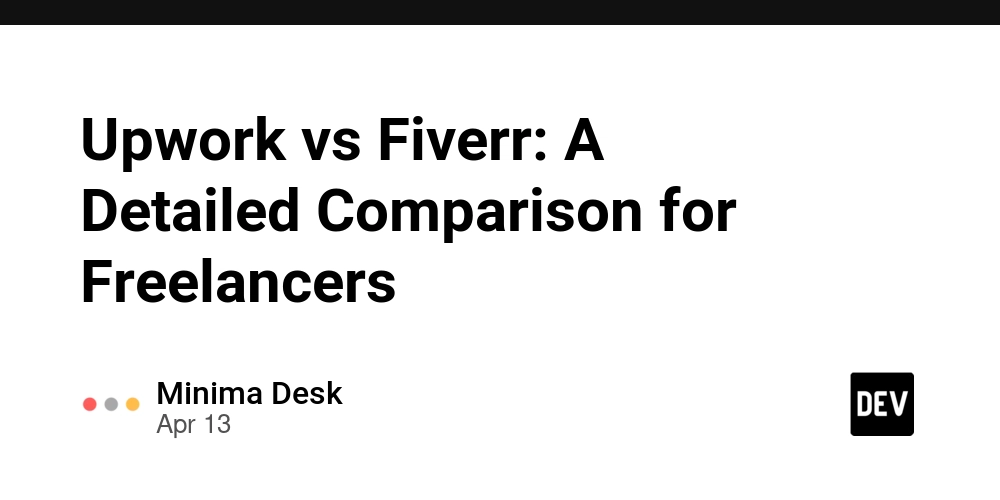
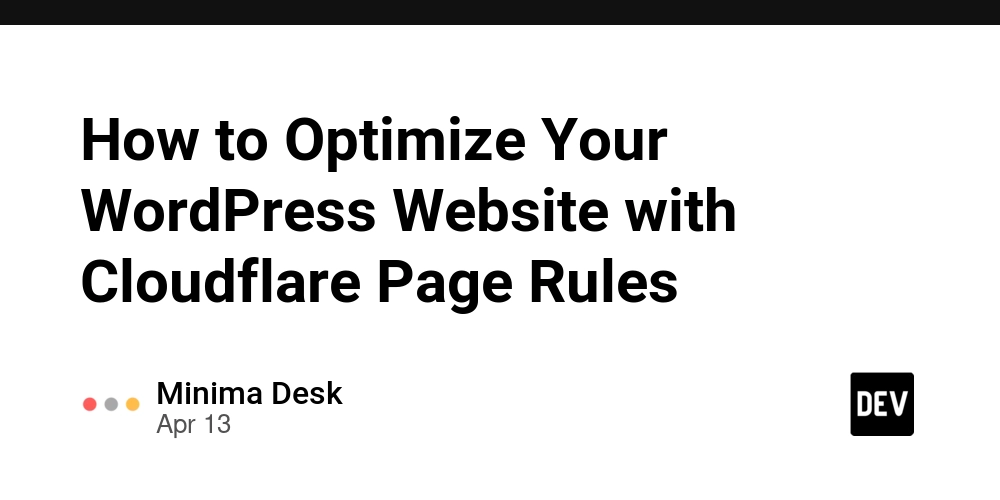








![[DEALS] Microsoft Visual Studio Professional 2022 + The Premium Learn to Code Certification Bundle (97% off) & Other Deals Up To 98% Off](https://www.javacodegeeks.com/wp-content/uploads/2012/12/jcg-logo.jpg)



![From Accountant to Data Engineer with Alyson La [Podcast #168]](https://cdn.hashnode.com/res/hashnode/image/upload/v1744420903260/fae4b593-d653-41eb-b70b-031591aa2f35.png?#)






























































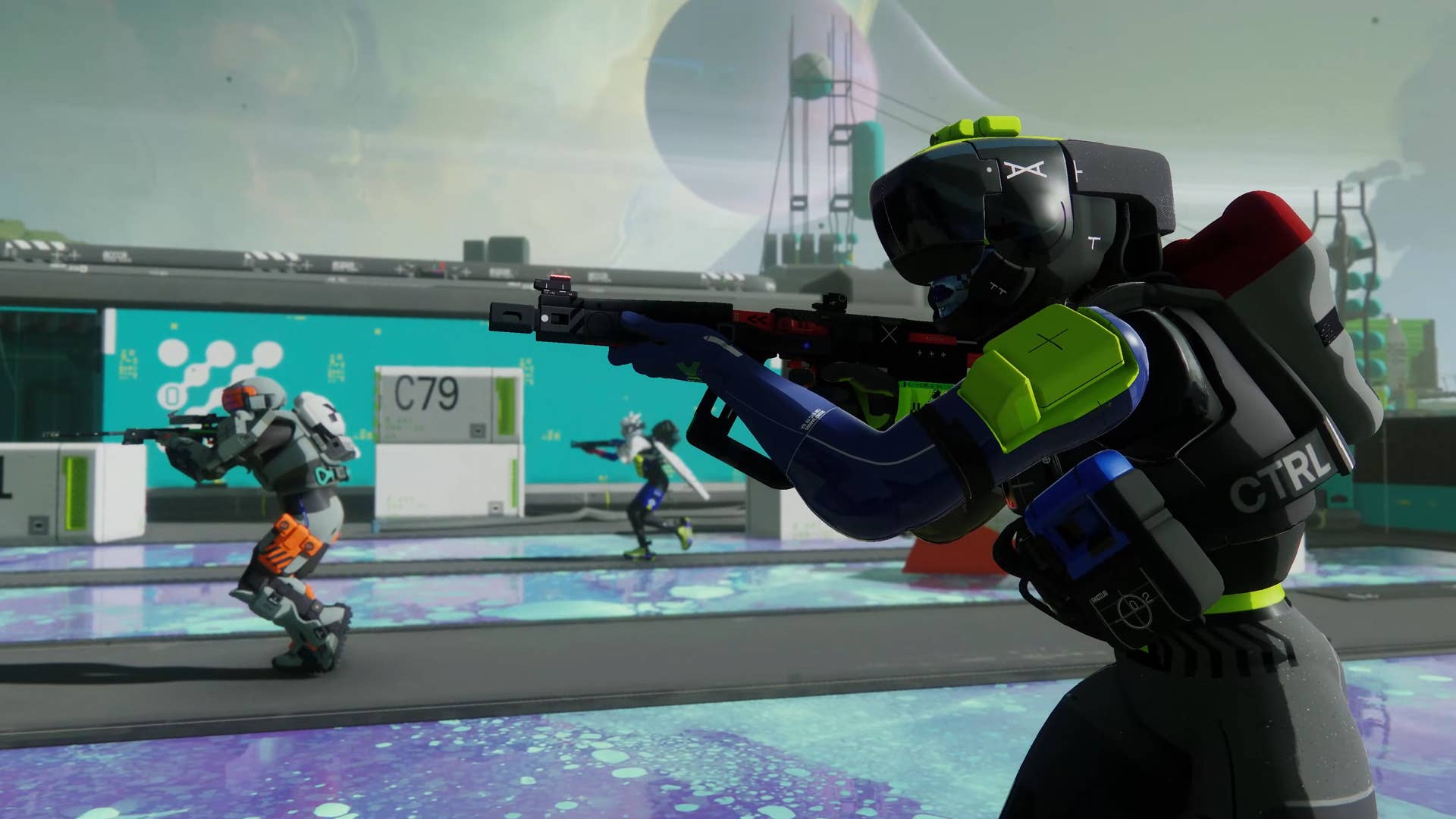




























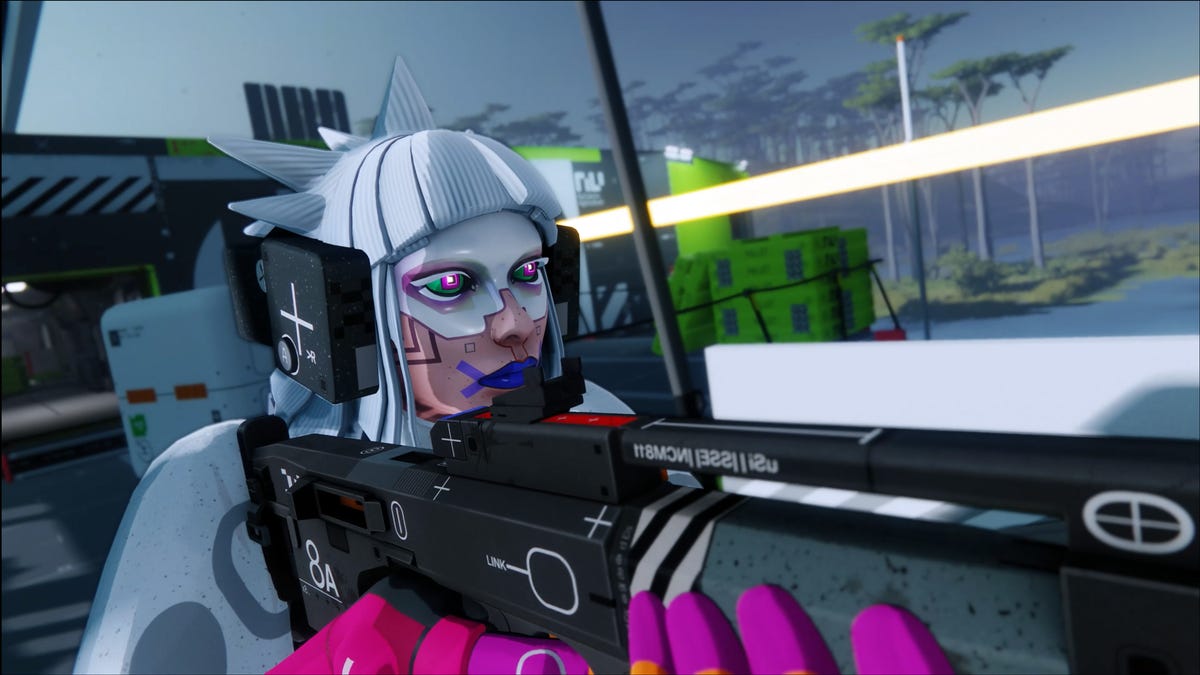
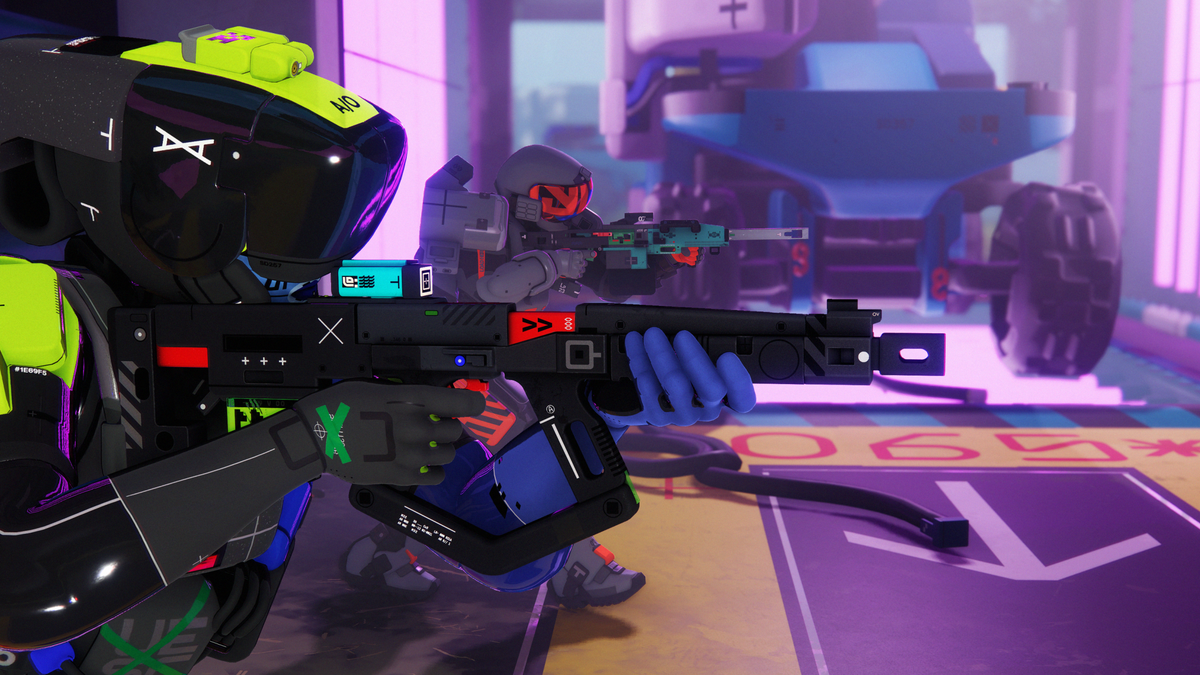










.png?#)









































































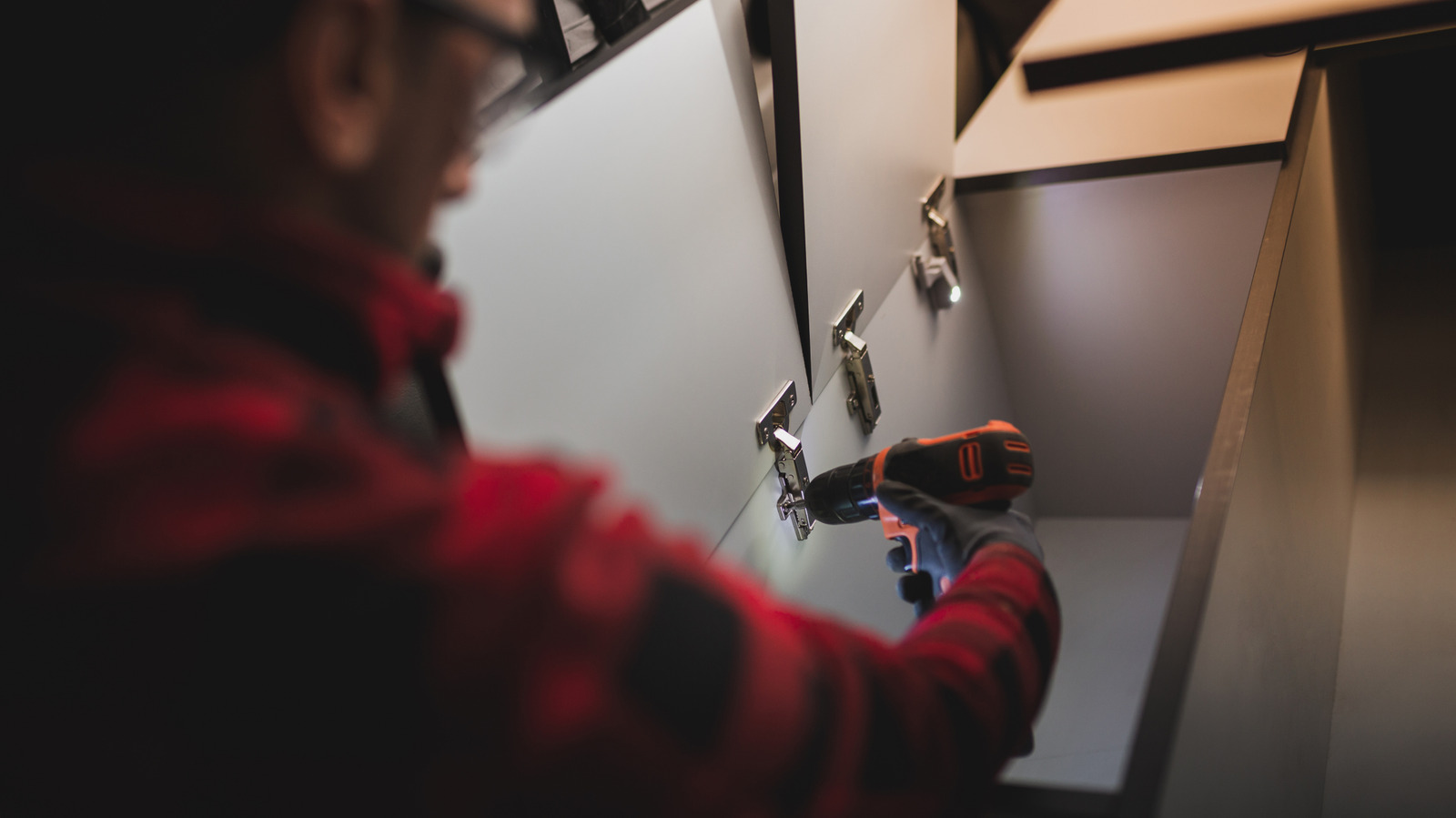














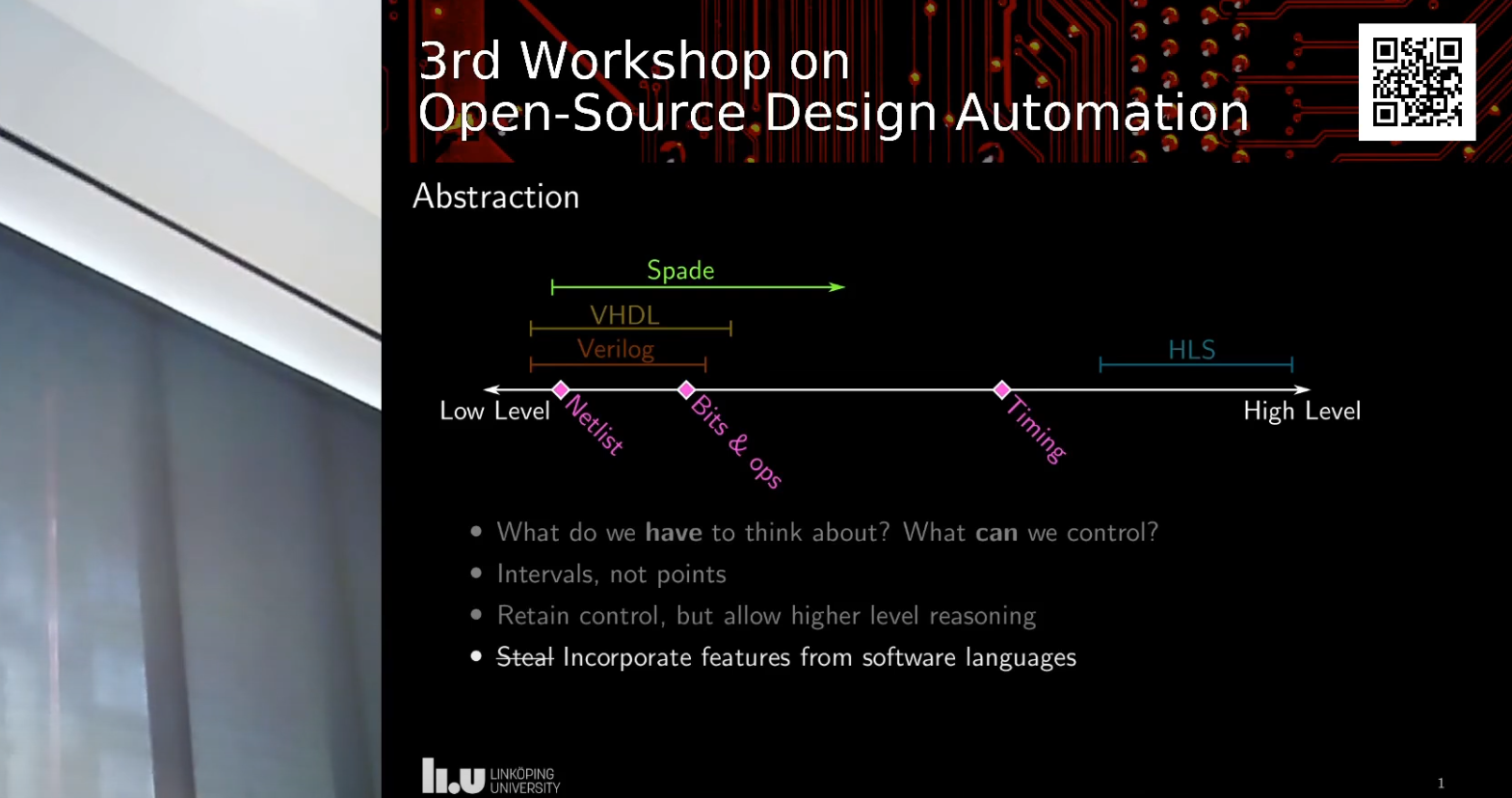

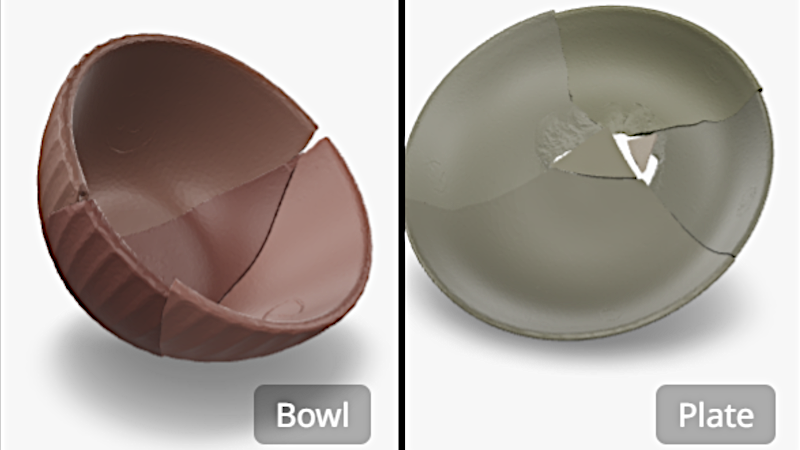






































![What Google Messages features are rolling out [April 2025]](https://i0.wp.com/9to5google.com/wp-content/uploads/sites/4/2023/12/google-messages-name-cover.png?resize=1200%2C628&quality=82&strip=all&ssl=1)











![iPadOS 19 Will Be More Like macOS [Gurman]](https://www.iclarified.com/images/news/97001/97001/97001-640.jpg)
![Apple TV+ Summer Preview 2025 [Video]](https://www.iclarified.com/images/news/96999/96999/96999-640.jpg)
![Apple Watch SE 2 On Sale for Just $169.97 [Deal]](https://www.iclarified.com/images/news/96996/96996/96996-640.jpg)
